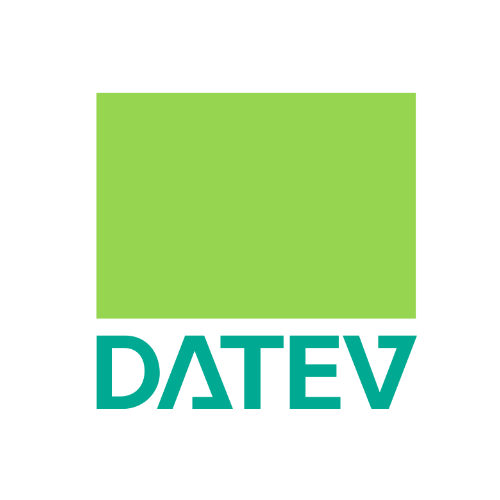Experience a balanced mix of theory, live demonstrations and practical exercises.
Learn to profile Python applications, identify performance bottlenecks, and address them effectively.
Understand how to leverage concurrency and asynchronous programming in Python for increased efficiency.
Develop scalable systems with horizontal scaling and optimized data processing techniques.
In this Performance Driven Python Training, you will learn …
… how to write Python code that runs faster, scales better, and uses resources more efficiently. You’ll explore profiling tools, optimization strategies, memory management, and concurrency using async, multiprocessing, and threading. Learn how to identify bottlenecks and refactor code for top performance in production.
This course is ideal for experienced Python developers, backend engineers, and anyone who needs to push Python to its performance limits.
Practical Applications That We Will Cover in the Training:
- 1Hands-on experience with profiling tools and advanced performance optimization techniques.
- 2Understanding of how to design high-performance applications that meet the demands of large-scale, data-intensive environments.
- 3Knowledge of real-world strategies for monitoring and tuning performance in production environments.
After The Course, You Will Be Able To:
- 1Profile and analyze Python applications to identify and resolve bottlenecks.
- 2Implement advanced performance optimization techniques in real-world projects.
- 3Leverage modern multi-core processors to optimize Python for high efficiency and scalability.
- 4Design scalable systems using Python with asynchronous programming and horizontal scaling.
- 5Seamlessly integrate powerful tools like Numba, Cython, and Rust into Python projects.

The Performance Driven Python training is perfect for you if…
The Performance Driven Python training is not suitable for you if…
Hear from our satisfied training attendees
A1 Telekom Austria AG
„UTA coached my team along the development process of the migration plan of our on-premises data lake to the public cloud.
The outstanding level of expertise, both on a technical and organizational level, ensured a well-structured and realistic migration plan including timeline, milestones, and efforts.
The enablement of my team was at the center of a very smooth collaboration. Through UTA, we achieved our goal faster and reduced risks of the migration project significantly.
I highly recommend UTA’s services!“
Reinhard Burgmann
Head of Data Ecosystem
Vattenfall
„I recently attended Vattenfall IT’s online Kafka training day hosted by Ultra Tendency, and it was an enriching experience.
The trainer, Ahmed, did a fantastic job explaining the theory behind Kafka, and the emphasis on practical application was great. The hands-on programming exercises were particularly helpful, and I’ve never experienced training with so many interactive examples!
Overall, I highly recommend this training to anyone who wants to improve their Kafka knowledge interactively and gain valuable skills.”
Bernard Benning
BA Heat
VP Bank
„The MLOps training exceeded our expectations!
It offered a perfect blend of an overview, hands-on coding examples, and real-world use cases. The trainer answered all questions competently and adapted the content to fit our company’s infrastructure.
This training not only provided us with knowledge but also practical skills that we can apply immediately.“
Eisele Peer
Lead Architect & Head of IT Integration & Development
Hutchison Drei Austria GmbH
„The training Introduction to the Cloud with AWS and Azure impressed us! We particularly appreciated the excellent overview of the topics, the hands-on exercises, and the extensive practical activities that made the learned concepts directly applicable.
The content was well-structured, and the combination of theory and practical applications was ideal for our needs. The opportunity to clarify specific questions in the Q&A sessions was also extremely valuable. Overall, the training deepened our understanding of cloud computing and provided us with insights into the differences and strengths of AWS and Azure.
We now feel better prepared to make strategic decisions for our cloud strategy. Thank you for this excellent training!“
Eisele Peer
Lead Architect & Head of IT Integration & Development
Get to know your Training professionals

Marvin Taschenberger

Hudhaifa Ahmed
Senior Lead Big Data Developer & Berlin Territory Manager, Ultra Tendency

Matthias Baumann
Required hardware & infrastructure for your Performance Driven Python Training
- You will need a PC or Mac with a web browser and MS Teams.
- During the training, we will provide you with a virtual machine with the required local dependencies, services and root access.
- You can access the machine via a browser or SSH if you wish and the network restrictions allow it.






